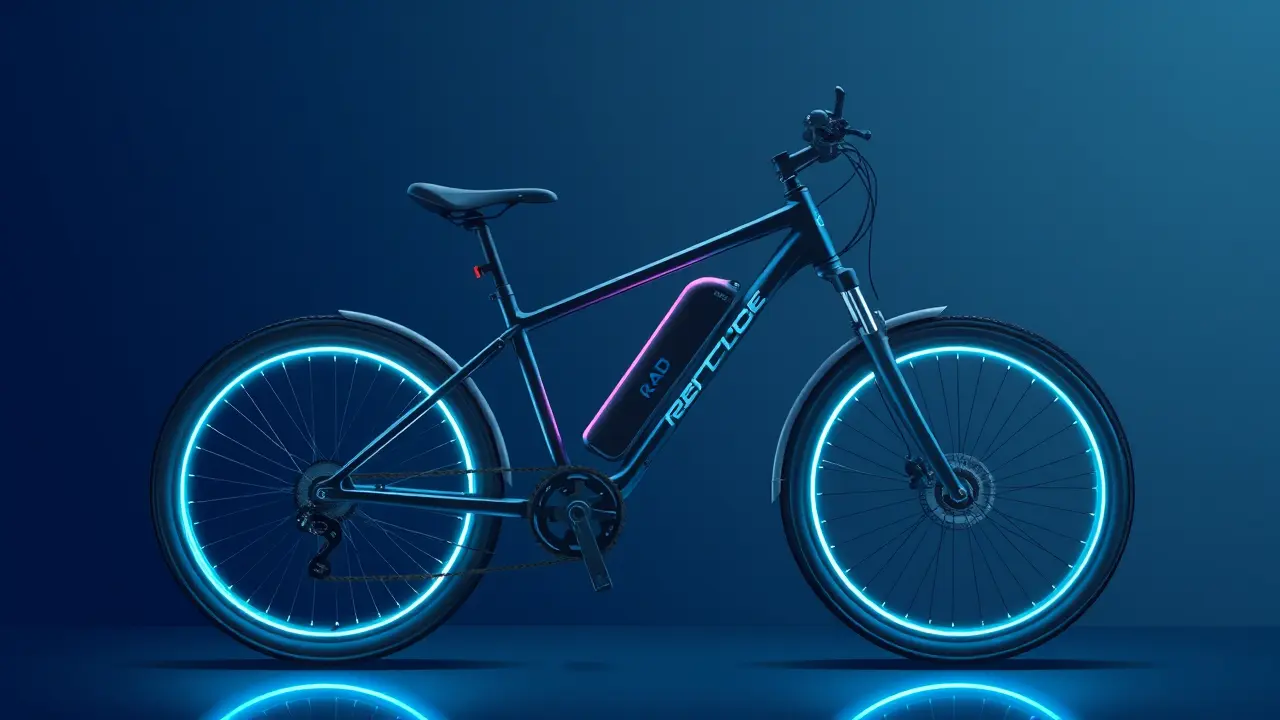
Otherauto & mobilityElectric Vehicles
Rad Power Bikes Faces Potential Shutdown Without Funding.
ET
Ethan Brown
4 hours ago7 min read
The electric bike revolution, once pedaling at a breakneck pace, is hitting some serious potholes, and one of its most prominent pioneers, Rad Power Bikes, is now fighting for its very survival. Based in Seattle, the company has become a cautionary tale in the volatile world of venture-backed hardware startups, a stark reminder that even the most promising consumer trends can face a brutal reckoning when the economic winds shift.Emerging from the pandemic's unique boom period—where lockdowns spurred unprecedented demand for personal mobility and outdoor recreation—Rad Power Bikes expanded aggressively, becoming a household name for affordable, direct-to-consumer e-bikes. However, the subsequent return to normalcy, coupled with rising inflation and a venture capital funding winter, has forced the company into multiple, painful rounds of layoffs over the last few years.An internal email, viewed by TechCrunch, reveals a company still 'fighting to find ways to continue,' a phrase that carries the weight of an entire industry's anxieties. This isn't just about one company's struggle; it's a stress test for the entire micro-mobility sector, which promised to reshape urban transportation but is now grappling with the harsh realities of unit economics, complex supply chains, and fickle consumer spending.For aspiring entrepreneurs and investors who devour books like 'Rich Dad Poor Dad,' the Rad Power story is a masterclass in the gap between a great product and a sustainably profitable business. The core challenge lies in the capital-intensive nature of manufacturing, inventory, and marketing physical goods, a model that burns through cash far faster than a software-as-a-service startup.Without a fresh infusion of funding, the path forward narrows dramatically, potentially leading to a fire sale of assets, a distressed acquisition by a larger competitor, or, in the worst-case scenario, a complete shutdown that would leave customers with unsupported hardware and a market with a significant void. The potential collapse of such a major player sends ripples beyond its Seattle headquarters, impacting a global network of suppliers, component manufacturers, and local bike shops that handle servicing.It forces a sobering conversation about the long-term viability of the DTC model for heavy, regulated products like e-bikes and raises questions about whether consumer appetite can sustain the dozens of brands that flooded the market during its peak. For the everyday person who invested in an e-bike as a car replacement or for weekend adventures, the situation underscores the importance of considering a company's financial health and long-term roadmap, not just the specs on its website. The fight at Rad Power Bikes is a pivotal moment, a real-time lesson in resilience, adaptation, and the unforgiving discipline required to turn a visionary idea into an enduring enterprise.
#Rad Power Bikes
#funding crisis
#layoffs
#electric bikes
#startup
#bankruptcy risk
#transportation
#featured
Stay Informed. Act Smarter.
Get weekly highlights, major headlines, and expert insights — then put your knowledge to work in our live prediction markets.
© 2025 Outpoll Service LTD. All rights reserved.